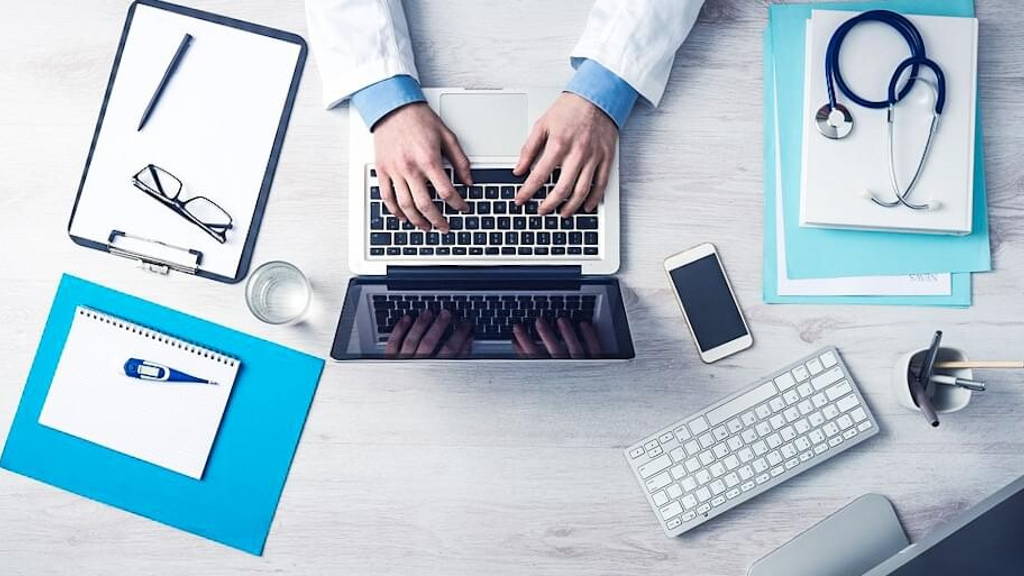Off the so called millennial generation physician -, those under the age of 35 – more than nine out of ten say they use at least one smartphone app, such as diagnostics tools and drug and coding references, for clinical purposes. Among doctors aged 35 to 44, this percentage in clinical settings drops about 20 percent. For doctors aged 45 to 59 it’s another 30 percent drop.
The high use of smartphone apps by millenials in clinical settings is logical, says Steven Levine, MD and Professor of Neurology and Emergency Medicine at SUNY Downstate University Hospital of Brooklyn, NY. For them smartphones, tablets and apps are a part of everyday life. “Every day on rounds, you’ve got students giving you the answers before you finish the question. These kids in med school and the young generation of doctors coming out of residence, this is all they've known.”
The way these millennials use mobile technology in their work, in getting information quicker and often in realtime, will also eventually change the way the the care system works. Levine: “ It's a whole new generation and I think it's just a matter of time before it becomes the norm.”
A word of caution, writes Calgary Scientific: these tech savvy doctors need to take care to protect patient data and be sure that the clinical apps they use have the right accreditations for clinical and diagnostic use. According to a recent study, 28 percent of physicians store patient data on their mobile devices and 14 percent of that data is unprotected.

